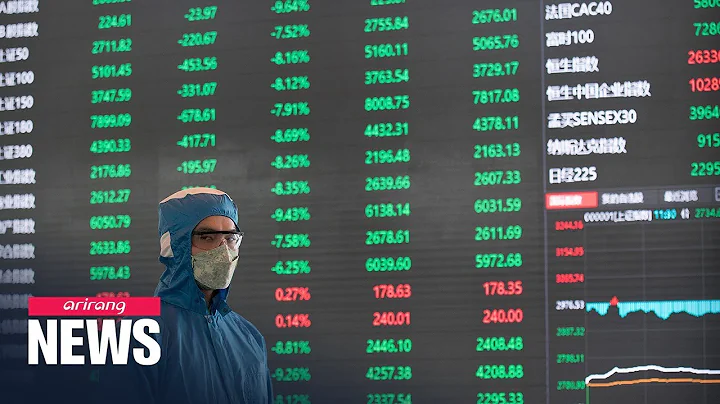On March 3, the three major A-share indexes collectively opened higher on Thursday, and the market showed a volatile downward trend throughout the day. The Shanghai Composite Index hit 3,500 points at the beginning of the session, then weakened and turned green in the afternoon, and the ChiNext Index fell to 1.5 in late trading. %. The total transaction volume of Shanghai and Shenzhen stock markets was 1,010.17 billion yuan; the actual net outflow of northbound funds was 909 million yuan. Judging from the flow of main funds in the two cities, as of the close of trading, the main funds in the Shanghai and Shenzhen cities showed a substantial net outflow, with a total outflow of 37.51931 billion yuan from the two cities.

Shipping ports, mining industry, gas, petroleum industry, logistics industry, etc. are the top gainers, while batteries, aerospace, photovoltaic equipment, semiconductors, brewing industry, etc. are the top losers.
In the short term, the impact of overseas conflict sentiment has been repeated, and the three major indexes have become seriously divided. The GEM fell below 2,800 points during the session. Amid poor trading, we still need to beware of the recurrence of the index and the possibility of another retracement. Under such circumstances, how can investors seize gold-mining opportunities?
Dongxing Securities released the latest strategy report "Review of Historical War - How does the Russia-Ukraine conflict affect A-shares? ” pointed out that the impact of the Russia-Ukraine war on A-shares is expected to be limited.
The probability of a further comprehensive escalation of the Russia-Ukraine war is not high. There are two most likely situations in the aftermath of the war: (1) The war will end in a short time; (2) The war will enter a stalemate. Historically, both wars ended in a relatively short period of time and had limited impact on A-shares. During the war, the market fell briefly and then rebounded quickly. If the war falls into a stalemate, the regional war between Russia and Ukraine will not have a major direct impact on the Chinese economy. It may even promote Sino-Russian trade and overseas capital to shift to safer markets such as China and the United States. The impact on A-shares is expected to be limited. .
In terms of industry allocation, Dongxing Securities believes that safety is the top priority and we should seize opportunities for low valuations and resource products. Historically, during the war between Russia and its neighboring countries, high valuations and growth sectors suffered significant declines (high valuations refer to P/E ratios above 60%), while low valuations, must-have consumer goods and resource products usually performed better. Regardless of whether the war ends in the short term or remains stalemate in the long term, A-shares with high valuations and growth stocks will face pressure, while low valuations and must-have consumption stocks may benefit. At the same time, the Russia-Ukraine conflict may increase the price of resource products, which is good for the resource sector. However, compared to a short-term war, the suppression of high valuations and growth sectors due to a stalemate may be more sustainable, and energy prices are more likely to continue to rise. Low valuations and resource items may be better choices.
industry configuration suggestions focus on (1) Resource products that benefit from rising prices: non-ferrous metals (copper, aluminum, nickel), petroleum, petrochemicals and coal; (2) Low-valuation industries that continue to benefit from the drive of "stable growth": Banking, real estate, insurance.





















